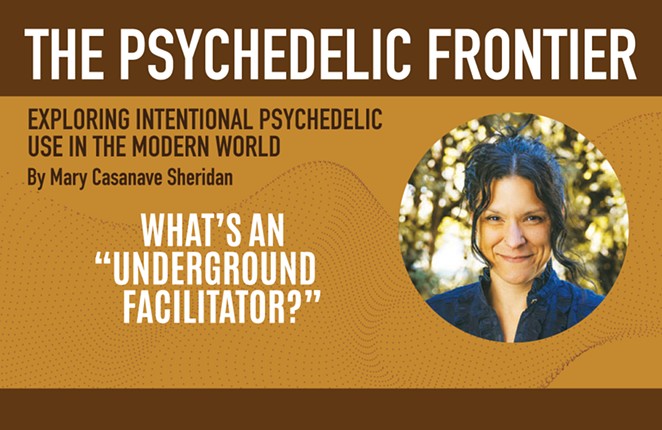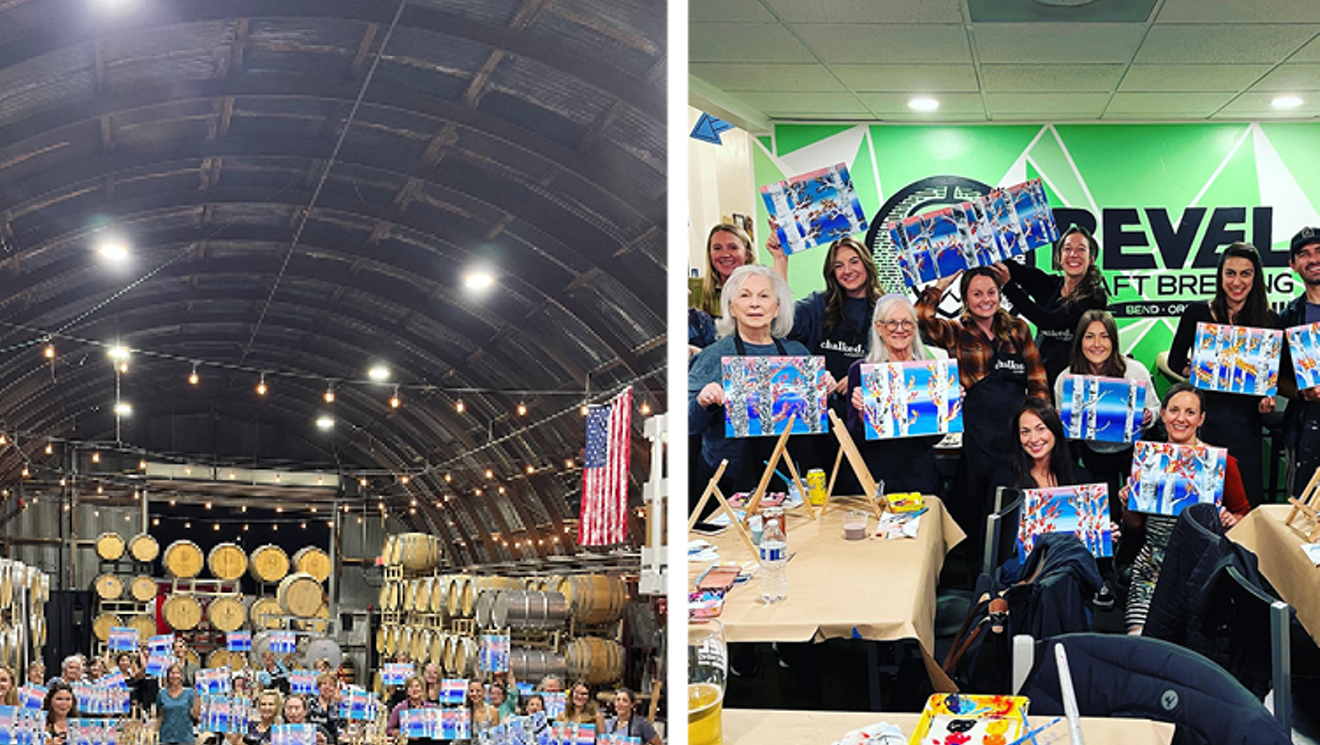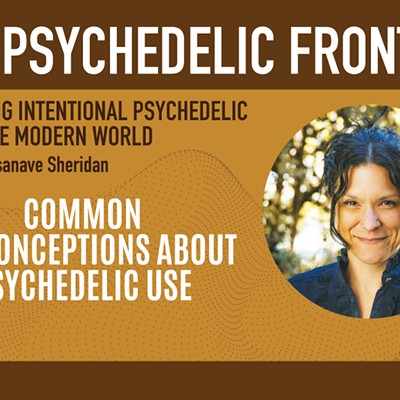Mary Casanave Sheridan is a psychedelic coach and guide. She helps individuals explore psychedelic realms for self-discovery, healing and growth. She's passionate about advocacy and education in this space. Through this column she aims to answer reader questions, dispel myths and disinformation around psychedelic substances and their potential, creating a more empowered and well-informed public.
Q: In the wake of Oregon's groundbreaking legalization of psilocybin services, why would individuals still choose to work with underground or unlicensed facilitators when a legal framework now exists?
A: This is a very important question. Its consideration requires a nuanced conversation. The licensing of psilocybin facilitators in Oregon is a recent development, barely a year old. While the establishment of this regulatory framework may appear structured and reassuring on the surface, it remains an untested and evolving system.
For thousands of years, people have been guided through psychedelic experiences by individuals drawing from ancient traditions, personal experiences, relevant research and training. They have been the authors and guardians of sacred knowledge. In the U.S., many continued even after most psychedelic substances were criminalized with the Controlled Substances Act of 1970, despite facing legal risks and societal stigma and motivated by a deep commitment to helping others. Understandably, many are hesitant to now become regulated in a system that has often been hostile toward their very existence, especially considering they were not invited to take part in its creation. As a result, some of the most experienced psychedelic practitioners remain underground.
First, let's address some of licensing's downsides. Compliance with regulations often steeply increases costs through taxes and fees, limiting accessibility for clients. Additionally, governmental control imposes restrictions not always in the best interests of clients or facilitators. There are limitations to sessions being held outdoors and in groups, preparation and administration of the psilocybin, and the regulatory model in place is still rather small, with long waitlists. The only approved practice model is a non-directive approach mirroring research study models and does not encompass all safe or effective methods, disregarding valuable indigenous practices and knowledge. These issues stem from a lack of representation in the creation of the system, which notably excluded indigenous elders and seasoned underground practitioners.
The upside to this model is that there are many people who are interested in or in need of these services who will only access them through legally sanctioned routes. The truth is we are at a perilous point in the history of humanity that consciousness, thoughtfulness and heart-healing are in dire need in our Western world, and all viable and responsible routes to these healing and awakening experiences are in desperate need.
When choosing support for psychedelic experiences it's essential to consider the facilitator's personal experience, training, screening and safety measures, effectiveness and accountability. Under the current rules, facilitators are not required to have personal experience with psilocybin whatsoever. Considering questions of whether government oversight ensures an environment of safety, accountability and effectiveness, we can examine other systems managed by the Oregon state government, such as health care, foster care, prisons and schools. While all regulated and licensed, these systems famously do not always prioritize the well-being and best interests of those served. Moreover, the training requirements for other approved professional certifications, such as yoga teachers (200 hours) and massage therapists (500 hours) far exceed those for psilocybin facilitators (150 hours). This raises further concerns about whether lawmakers fully comprehend the scope of the psychedelic facilitator's role.
While licensing brings structure and regulation, the value in the depth of experience, knowledge and adherence to tradition offered by underground facilitators should not be discounted. The choice between licensed and unlicensed facilitators should be made on a case-by-case basis based on a comprehensive evaluation of everyone's expertise, approach and alignment of values.
—Questions are encouraged to be sent to [email protected] and free 30-minute consultations for further discussions can be made through her website https://myco.vision


















